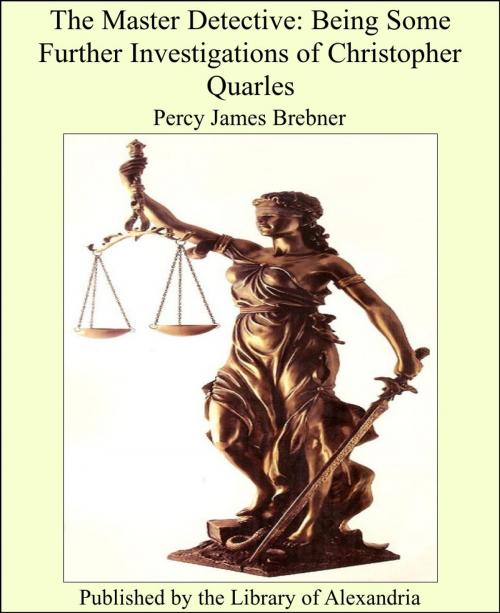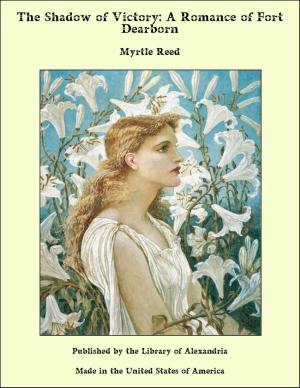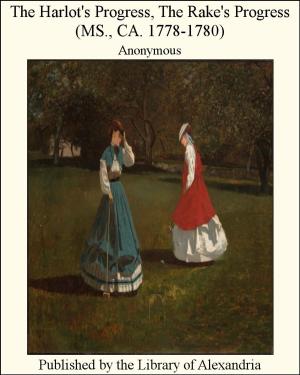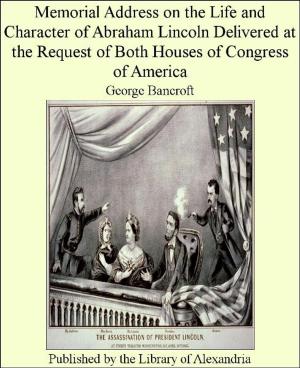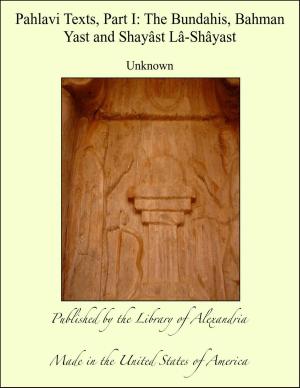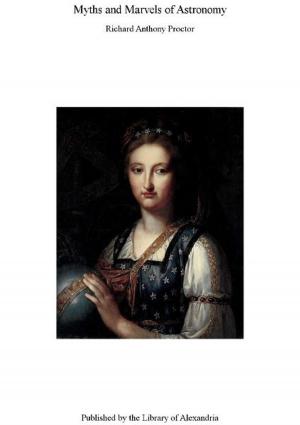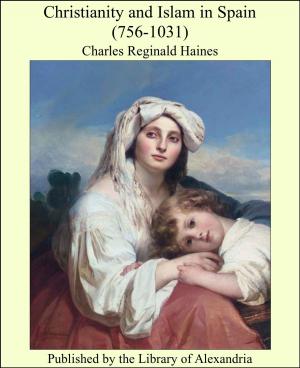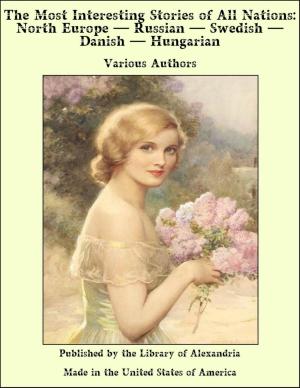The Master Detective: Being Some Further Investigations of Christopher Quarles
Nonfiction, Religion & Spirituality, New Age, History, Fiction & Literature| Author: | Percy James Brebner | ISBN: | 9781465515179 |
| Publisher: | Library of Alexandria | Publication: | March 8, 2015 |
| Imprint: | Language: | English |
| Author: | Percy James Brebner |
| ISBN: | 9781465515179 |
| Publisher: | Library of Alexandria |
| Publication: | March 8, 2015 |
| Imprint: | |
| Language: | English |
THE STRANGE CASE OF SIR GRENVILLE RUSHOLM Sir Grenville Rusholm, Baronet, was dead. The blinds were down at the Lodge, Queen's Square. For the last few days lengthy obituary notices had appeared in all the papers, innumerable wreaths and crosses had arrived at the house, and letters of sympathy and condolence had poured in upon Lady Rusholm. The dead man had filled a considerable space in the social world, although politically he had counted for little. Politics were not his metier, he had said. He had consistently refused to stand for parliament, his wealth had supported neither party, and perhaps his social success was due more to his wife's charm than to his own importance. To-day the funeral was to take place. By his own desire his body was not being taken to Moorlands, the family seat in Gloucestershire, but was to be buried at Woking. The family chapel did not appeal to him. Indeed, he had never spent much of his time at Moorlands, preferring his yacht or the Continent when he was not at Queen's Square. Last night the coffin had been brought downstairs and placed in the large drawing-room, the scene of many a brilliant function, although by day it was a somewhat dreary apartment. The presence of the coffin there added to the depression, and the scent of the flowers was almost overpowering. Many of the mourners were going direct to Woking, but there was a large number of guests at the house who were received by the young baronet. Naturally, Sir Arthur was of a sunny disposition, and his personality and expectations had made him a favorite in society since he had left Cambridge a year ago. To-day his face was more than grave. It was drawn as if he were in physical pain, and it was evident how keenly he felt his father's death. Lady Rusholm did not appear until the undertakers entered the house. She came down the wide stairs, a pathetic figure in her deep mourning, heavier than present-day fashion has made customary. She spoke to no one, but went straight to the drawing-room and, standing just inside the doorway, watched the men whose business is with death, as if she feared some indignity might be offered to her dear one. In a few moments her husband must pass out of that room for ever, and it was hardly wonderful if she visualized for an instant the many occasions on which he had been a central figure there
THE STRANGE CASE OF SIR GRENVILLE RUSHOLM Sir Grenville Rusholm, Baronet, was dead. The blinds were down at the Lodge, Queen's Square. For the last few days lengthy obituary notices had appeared in all the papers, innumerable wreaths and crosses had arrived at the house, and letters of sympathy and condolence had poured in upon Lady Rusholm. The dead man had filled a considerable space in the social world, although politically he had counted for little. Politics were not his metier, he had said. He had consistently refused to stand for parliament, his wealth had supported neither party, and perhaps his social success was due more to his wife's charm than to his own importance. To-day the funeral was to take place. By his own desire his body was not being taken to Moorlands, the family seat in Gloucestershire, but was to be buried at Woking. The family chapel did not appeal to him. Indeed, he had never spent much of his time at Moorlands, preferring his yacht or the Continent when he was not at Queen's Square. Last night the coffin had been brought downstairs and placed in the large drawing-room, the scene of many a brilliant function, although by day it was a somewhat dreary apartment. The presence of the coffin there added to the depression, and the scent of the flowers was almost overpowering. Many of the mourners were going direct to Woking, but there was a large number of guests at the house who were received by the young baronet. Naturally, Sir Arthur was of a sunny disposition, and his personality and expectations had made him a favorite in society since he had left Cambridge a year ago. To-day his face was more than grave. It was drawn as if he were in physical pain, and it was evident how keenly he felt his father's death. Lady Rusholm did not appear until the undertakers entered the house. She came down the wide stairs, a pathetic figure in her deep mourning, heavier than present-day fashion has made customary. She spoke to no one, but went straight to the drawing-room and, standing just inside the doorway, watched the men whose business is with death, as if she feared some indignity might be offered to her dear one. In a few moments her husband must pass out of that room for ever, and it was hardly wonderful if she visualized for an instant the many occasions on which he had been a central figure there
